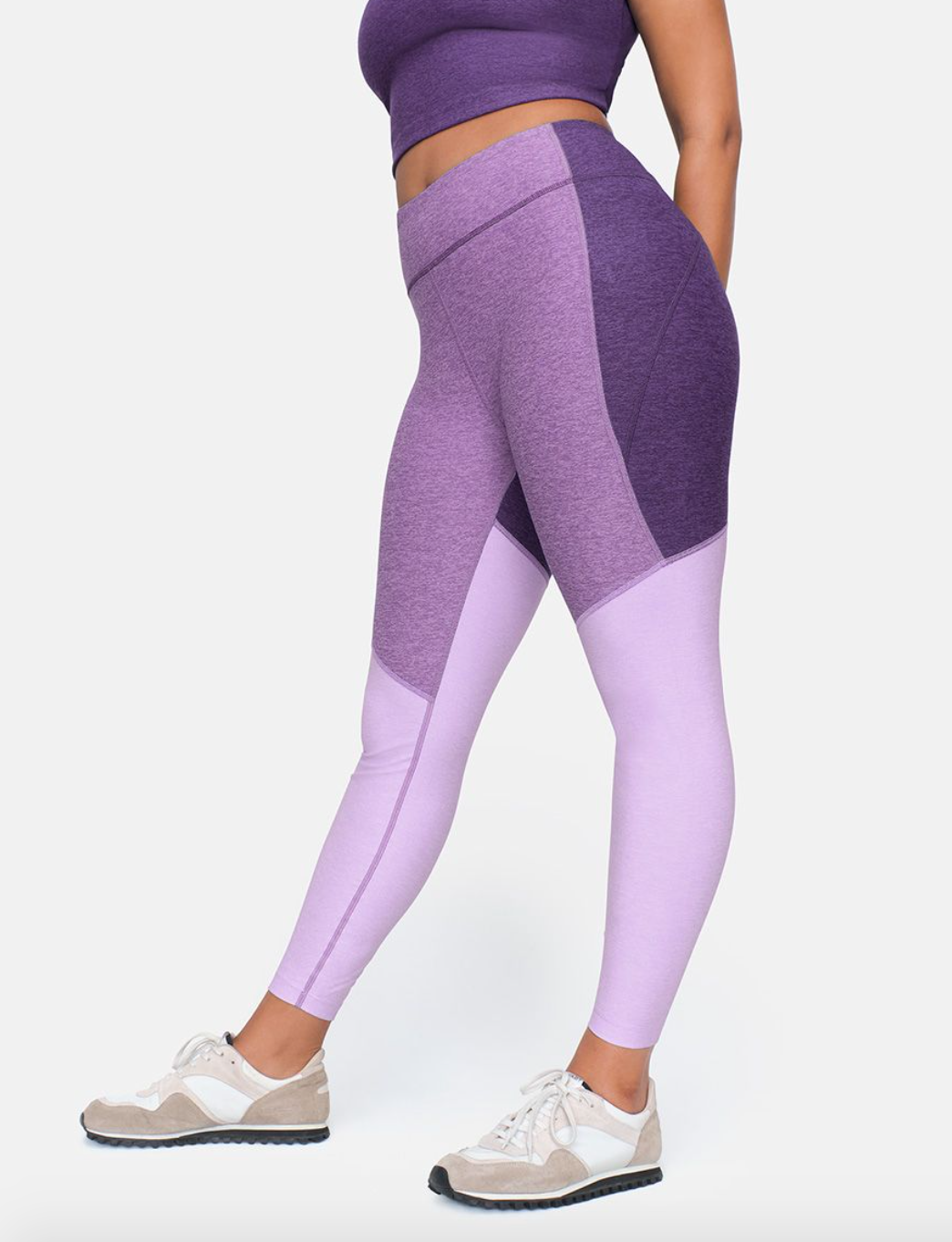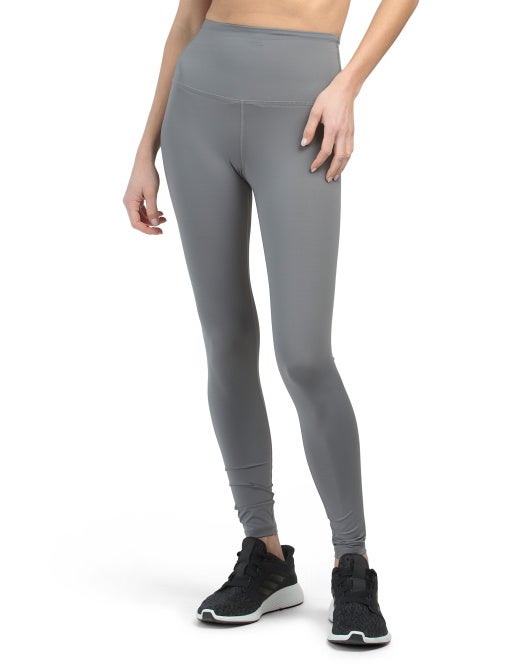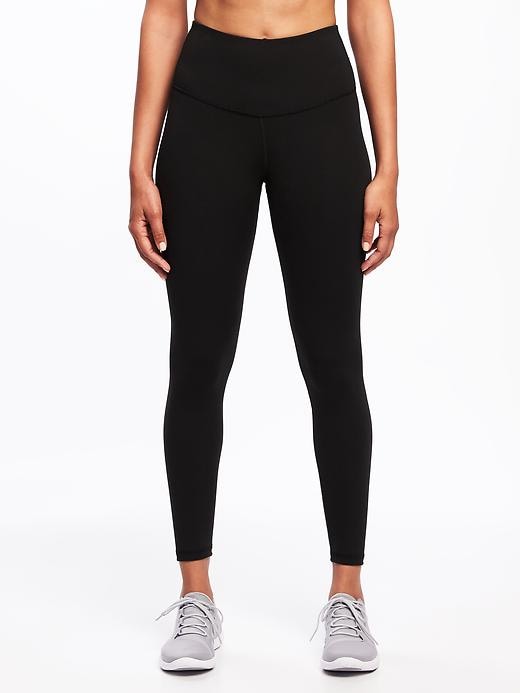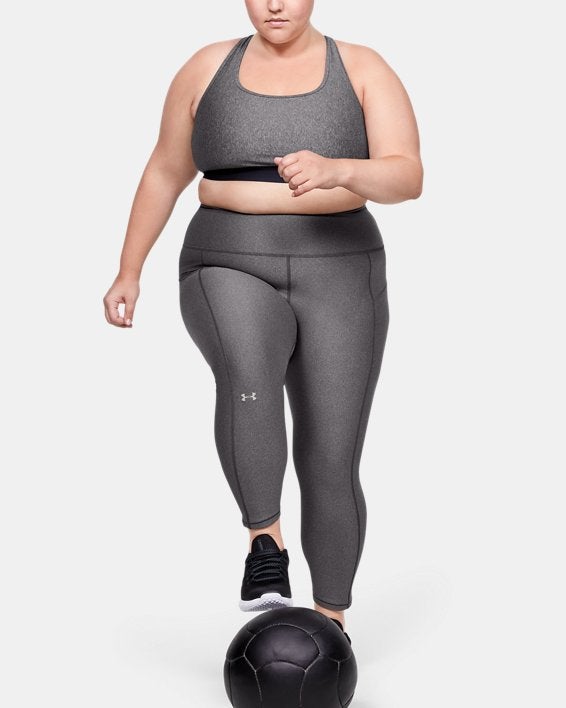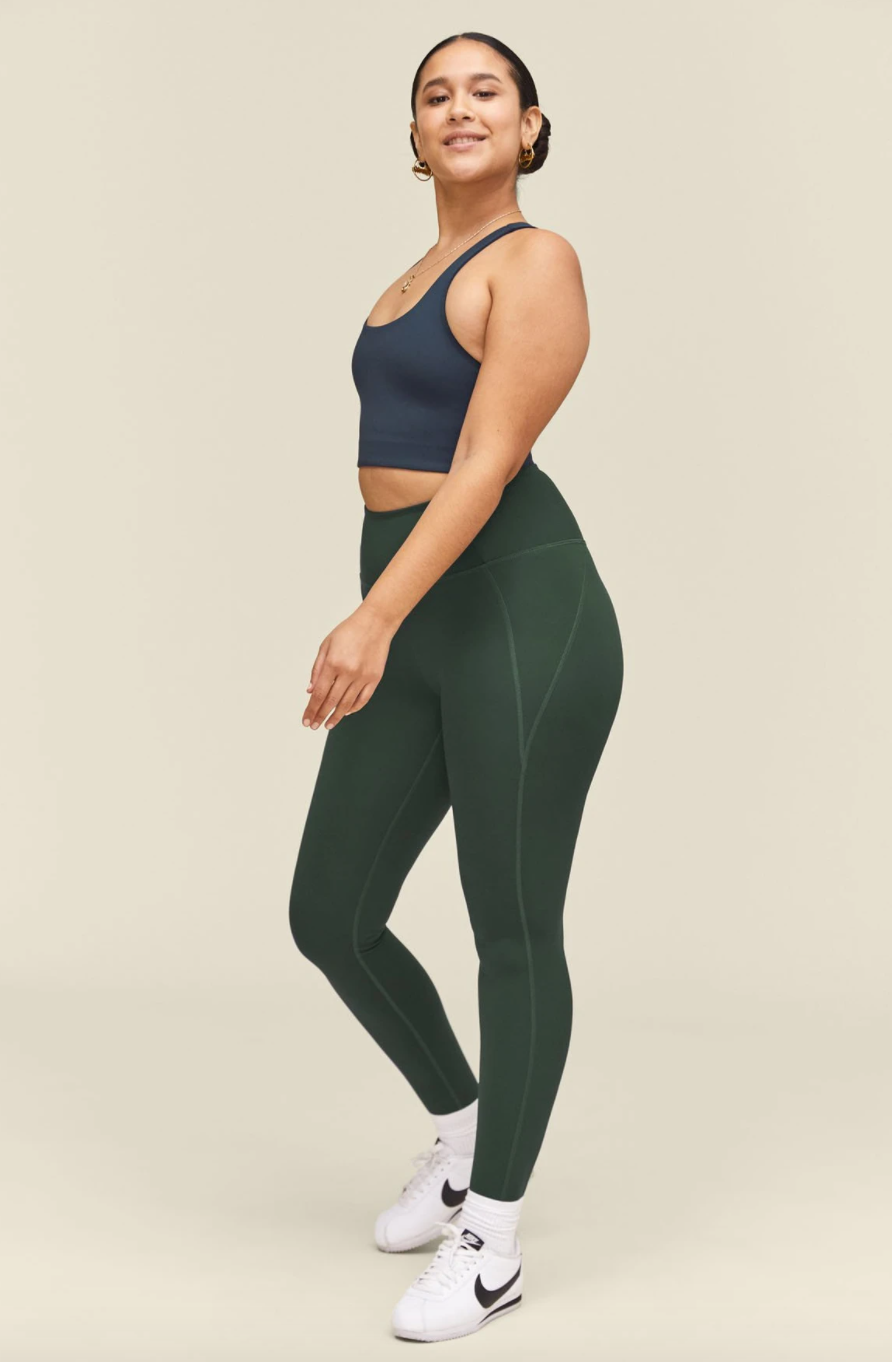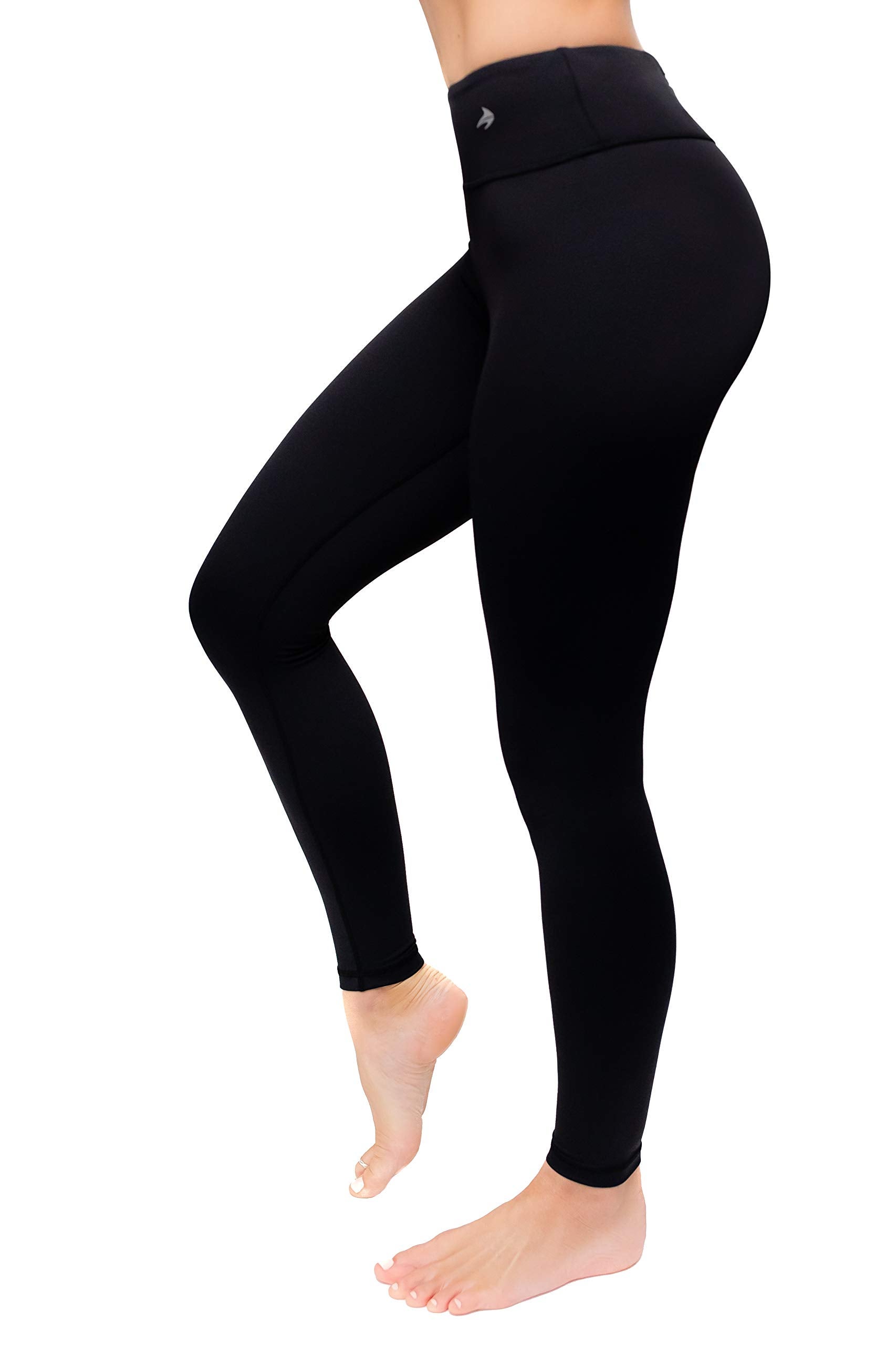Samantha Reyes was four weeks into her COVID-19 diagnosis when she sent out a candid Tweet detailing how isolating it could be when symptoms persist long after testing positive for the virus. Her Tweet quickly went viral, not only as a deluge of compassionate responses flowed in from friends and strangers alike, but because her words resonated with so many who were silently suffering from the same thing: A recent study found that as many as one in three people who had milder cases of COVID experienced lingering symptoms six weeks after their tests. For 29-year-old Reyes, eight months have gone by and she still hasn't fully recovered.
"I never considered this possibility. I pictured either being in the hospital and being on a ventilator or being asymptomatic. But living in the in-between is so much harder than I could’ve ever imagined," Reyes says, who as a reporter, had been covering news of the virus when it first started to spread across the globe in early 2020. She's speaking to me on the phone from her bedroom in Miami after returning home early from running errands. "I was so winded after 30 minutes I had to leave. It’s honestly unbelievable that after eight months, some days are still like that.”
"I never considered this possibility. I pictured either being in the hospital and being on a ventilator or being asymptomatic. But living in the in-between is so much harder than I could’ve ever imagined," Reyes says, who as a reporter, had been covering news of the virus when it first started to spread across the globe in early 2020. She's speaking to me on the phone from her bedroom in Miami after returning home early from running errands. "I was so winded after 30 minutes I had to leave. It’s honestly unbelievable that after eight months, some days are still like that.”
AdvertisementADVERTISEMENT
I've been debating sharing bc it’s felt so personal but I’m 4 weeks into my fight with covid & still really struggling. It’s been really tough & I can’t believe how much it’s still affecting me. I wanted to share this for anyone who might be going through it & feeling alone.
— Samantha Reyes (@samtayrey) July 22, 2020
Reyes has post-viral syndrome, or "long COVID," which is the form of the virus that arises weeks or months after a person has apparently recovered from the initial infection. There are over 100 symptoms associated with long COVID, the most serious of which include shortness of breath, brain fog, a racing heart, and extreme weakness. Reyes has had them all, plus chronic stomach pain, digestive issues, and bloating to boot. She says her lungs are currently at 60% capacity and likens her sometimes elevated heart rate to feeling "like I was raving, even when I was sleeping."
But as trying as the recovery process has been, Reyes has found her greatest form of relief in a rather surprising place: compression leggings. "They help the most with my energy. Anyone who [tells me they have] COVID, it’s the first thing I send to them and I'm like, put these on.”
It's a tip she got from Dr. William Li, physician, scientist, president, and medical director of the Angiogenesis Foundation, and author of Eat To Beat Disease:The New Science of How Your Body Can Heal Itself. Reyes connected with Dr. Li through Survivor Corps, a grassroots movement formed to educate and advocate for recovered COVID patients while connecting them with experts in the fields of science and medicine.
But as trying as the recovery process has been, Reyes has found her greatest form of relief in a rather surprising place: compression leggings. "They help the most with my energy. Anyone who [tells me they have] COVID, it’s the first thing I send to them and I'm like, put these on.”
It's a tip she got from Dr. William Li, physician, scientist, president, and medical director of the Angiogenesis Foundation, and author of Eat To Beat Disease:The New Science of How Your Body Can Heal Itself. Reyes connected with Dr. Li through Survivor Corps, a grassroots movement formed to educate and advocate for recovered COVID patients while connecting them with experts in the fields of science and medicine.
AdvertisementADVERTISEMENT
"What is known is that long COVID is partly due to vascular damage, similar to what is seen in acute disease, but this damage to blood vessel persists. There is also inflammation, a possible autoimmune component, as well as nerve damage, or neuropathy, that is often seen," Dr. Li explains, adding that anyone who has recovered from acute COVID may be at risk for developing post-viral syndrome. He says that while there is currently no definitive treatment for long COVID, taking measures that improve your body’s health defense systems is important for recovery. "Compression tights support circulation in the legs, and this may help improve blood flow that is compromised in long COVID."
Simply put: Compression tights help to bring more oxygen back to blood vessels that were under attack by the virus. For Reyes, this advice ended up being life-changing, and she saw the benefits almost immediately upon making the straight-forward wardrobe upgrade. "I was finally able to go on walks, I was finally able to last longer throughout the day. I was able to have the energy to leave my house and work from a desk and not my bed," she shares. Reyes recommends an ankle-length pair by the brand CW-X ("compression socks alone are not enough!" she cautions) and suggests trying a daily cocoa extract supplement to aid with blood flow, which she started doing per Dr. Li's recommendation.
Simply put: Compression tights help to bring more oxygen back to blood vessels that were under attack by the virus. For Reyes, this advice ended up being life-changing, and she saw the benefits almost immediately upon making the straight-forward wardrobe upgrade. "I was finally able to go on walks, I was finally able to last longer throughout the day. I was able to have the energy to leave my house and work from a desk and not my bed," she shares. Reyes recommends an ankle-length pair by the brand CW-X ("compression socks alone are not enough!" she cautions) and suggests trying a daily cocoa extract supplement to aid with blood flow, which she started doing per Dr. Li's recommendation.
While the famously form-fitting fabric is by no means an answer to the physical, mental, and emotional challenges faced by long-haulers like Reyes, the temporary relief they provide has given her reason to be the slightest bit more hopeful — a lycra-infused coat of armor, if you will, for each step along the path to full health: "It's really these little things that are really big things when you’re recovering."
At Refinery29, we’re here to help you navigate this overwhelming world of stuff. All of our market picks are independently selected and curated by the editorial team. If you buy something we link to on our site, Refinery29 may earn commission.
At Refinery29, we’re here to help you navigate this overwhelming world of stuff. All of our market picks are independently selected and curated by the editorial team. If you buy something we link to on our site, Refinery29 may earn commission.
AdvertisementADVERTISEMENT







